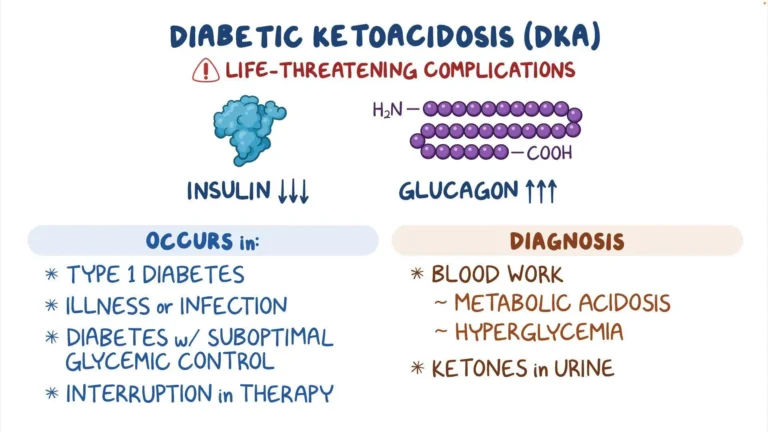How Long Does It Take to Get Over a Breakup
Table of Contents
Why Breakups Hurt So Much
A breakup is more than just the end of a relationship. It can feel like a storm in your chest. You lose a routine, a sense of safety, and maybe even part of your identity. It’s not just about missing the person—it’s also about adjusting to the silence they leave behind.
Your brain reacts to heartbreak almost the same way it does to physical pain. That’s why it feels so intense.
How Long Does It Really Take to Heal?
There’s no one answer to this. Some people bounce back in a few weeks. For others, it can take months—or longer. A popular idea says it takes half the length of the relationship to move on. But in real life, it depends on many things.
Some people start feeling better in 6 to 8 weeks. Others might need 6 months or even a year, especially after a long-term or toxic relationship.
Factors That Affect Recovery Time
Not every breakup hits the same. These things often affect how long it takes to move on:
- How long you were together
- Who ended it, and how
- Whether there was a betrayal
- If you still have contact
- Whether you’re friends after
- Your support system
- Your emotional history
People with strong support, healthy habits, and no contact usually heal faster.
The 5 Emotional Stages After a Breakup
Emotional healing often follows a pattern. You might not go through these in order, and you may repeat some stages:
- Shock or denial – “Is this really happening?”
- Sadness or pain – Crying, missing them, aching.
- Anger – At them, at yourself, at the world.
- Acceptance – Realizing it’s over.
- Growth – Learning from the experience.
These stages don’t mean you’re weak. They mean you’re human.
Is There a Normal Timeline to Move On?
No exact number fits everyone. Still, there’s a loose idea based on patterns:
Length of RelationshipAverage Recovery Time
Under 6 months: 1 to 2 months
6 months to 1 year: 2 to 4 months
1 to 3 years: 4 to 6 months
Over 3 years: 6 months to 1 year or more
These are just averages. You’re not behind if you don’t feel okay yet. Everyone’s heart beats at its own pace.
Getting Over Short vs Long-Term Relationships
Short-term breakups often bring more confusion than grief. You’re still figuring out if it could’ve worked.
Long-term ones hurt in deeper places. You shared goals, habits, and dreams. Letting go of all that takes time.
But even a short fling can leave a mark. Time doesn’t always measure depth.
7. How Your Brain and Body React After a Breakup
Breakups trigger stress. Your brain may release stress hormones like cortisol. That’s why you may:
- Lose sleep
- Have no appetite
- Feel sick in your stomach
- Cry without warning
- Feel mentally foggy
This is your body trying to reset. Rest, nutrition, and movement help balance your system.
Signs You’re Starting to Heal
Healing doesn’t mean forgetting. It means the weight feels lighter. Look for these signs:
- You stop checking their social media
- Memories don’t sting as much
- You sleep better
- Your appetite comes back
- You feel hopeful about the future
- You enjoy things again
It’s okay to miss them and still know you’re healing.
What Slows Down the Healing Process
Some habits hold people back:
- Staying in contact
- Replaying old messages
- Watching their stories online
- Comparing your healing to others
- Isolating from friends
- Idealizing the past
Healing asks you to be kind to yourself and create space between now and then.
Should You Stay Friends With Your Ex?
Sometimes it works. But often, staying friends too soon keeps the wound open.
Ask yourself:
- Can you handle seeing them with someone new?
- Are you hoping to get back together?
- Do you feel more hurt after each interaction?
If staying friends blocks your healing, it’s okay to choose distance.
Social Media and Breakup Recovery
Social media can be a slow heartbreak machine. Seeing your ex-post selfies or move on can trigger setbacks.
Tips:
- Mute or unfollow if needed
- Avoid checking their likes or comments
- Limit your screen time
- Don’t post to get their attention
Social media silence can help your mind calm down.
Healthy Ways to Cope With Heartbreak
These tools won’t erase the pain, but they’ll help you carry it better:
- Journal your feelings
- Go for a daily walk
- Spend time with people who care
- Try a new hobby
- Practice breathing or meditation
- Drink more water, eat clean meals
Give yourself structure when your heart feels messy.
How to Let Go Without Bitterness
Letting go doesn’t mean pretending it didn’t matter. It means you stop carrying what’s no longer yours.
- Forgive without needing an apology
- Focus on what you learned
- Keep the good; release the rest
- Stop blaming yourself for things you couldn’t control
Letting go is an act of self-respect.
When Is It Okay to Start Dating Again?
There’s no rule. Some feel ready in a few weeks. Others take months.
Ask yourself:
- Am I trying to escape the pain?
- Do I feel like myself again?
- Can I enjoy time alone?
Don’t date to fill a gap. Wait until you feel stable and whole.
Getting Help: Therapy, Friends, or Support Groups
Talking helps. Whether it’s a trusted friend, a licensed therapist, or a support group online—it makes a difference.
Breakups can bring up old wounds. Therapy helps you sort through them and heal from the inside out.
You don’t need to go through it alone.
FAQs
Can you still love someone and get over them?
Yes. Love and healing can exist together. Over time, the love shifts into something softer and less painful.
How do I stop thinking about them every day?
Time, space, and routine help. Fill your life with small joys, set boundaries with reminders, and be patient.
Is it okay if I still cry after months?
Yes. Emotions don’t follow a timer. Crying is part of healing.
Why do I feel worse some days, even after feeling okay?
Healing isn’t a straight line. It comes in waves. That’s normal.
Can a rebound help me move on faster?
It might offer distraction, but true healing happens when you face your pain—not when you run from it.
Let me know if you’d like this turned into a shareable graphic, social media post, or web format.







